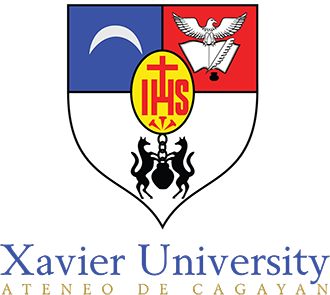
2017


creative nonfiction, Carayan Vol 3 No 1 2017
Imperata Cylindrica
by Henry Daquipel
My father had the tremendous resilience of cogon grass. I remember my father’s daily ritual when we still owned a farm in the province of Bukidnon. Our house stood in the middle of a three-hectare farm. Its perimeter lined with Gmelina trees and coffee Arabica. If left unattended, cogon grass would sprout everywhere, invading my father’s vegetable gardens. After an afternoon nap, Papa would put on his favorite salakot, a gift from one of his Chinese friends for his sixty-seventh birthday, and bounced out of the house to check if his nemesis had resurrected. Armed with a bolo knife and a rake, he moved around with an assumed authority of an emperor.
One afternoon, Papa insisted I should join him in his routine inspection. For a six-year-old boy, the idea of cutting cogon grass was not so exciting. But Papa must not be disobeyed. Following his lead, I lumbered my way to a dense patch of grass.
Sitting on a customized stool, which he called bangkito (a smaller version of a regular stool or bangko), he would scan the entire area before he put on a pair of orange rubber gloves. After which, he would grab the topmost part of the grass, twist it, and cut it off with his bolo.
While his hands were busy, Papa regaled me with his personal adventures. He had a strong, deep voice and spoke broken Cebuano in heavy Chinese accent.
“Ako abot Manila 1932 uban ako igsoon lalaki,” he said, carefully stressing the fact that he came from China; that he and his brother left Fujian when they were in their early twenties. He had lived and moved about in several regions in the Philippines. When he left his family in China, he lost several businesses in a span of seven decades.
Within an hour, a big clump of cogon grass would pile up beside him. When he got tired at the end of the day, he removed his gloves and asked me to get the small yellow box of EMI matches in our dirty kitchen. He meticulously raked the remaining leaves into a huge pile, made a small opening in the middle, then placed some dried leaves to start a fire. A waft of white smoke would slowly rise from the heap and a familiar incense permeate the air.
My father guarded the tiny flame by fanning it with his salakot. The flame leaped, releasing the familiar aroma of smoke and brittle leaves. I stood beside him as we looked at this daily offering. He would stare at the fire, with eyes unseeing, his mind perhaps going back to an old regret, or rehearsing a prayer, or perhaps, just drifting to the country of his childhood, to a time long gone, a time I wish today I had a clearer understanding of. He did it every single day as far as I could remember. But back then, I was too young to understand and appreciate the ritual.
When he was diagnosed with lung cancer, we sold our farm in Bukidnon and moved back to the nearest city. It has been twenty years since my father died. His passing still feels like it only happened yesterday.
Yesterday, I visited Papa’s grave. The caretaker started cutting the grass over his tomb. In my mind, I saw my father sitting on a stool, donning a pair of orange gloves, looking at the green green grass.
© 2017 English Department, Xavier University - Ateneo de Cagayan
ISSN 2467-5679
All poems, stories and other contributions copyright to their respective authors
